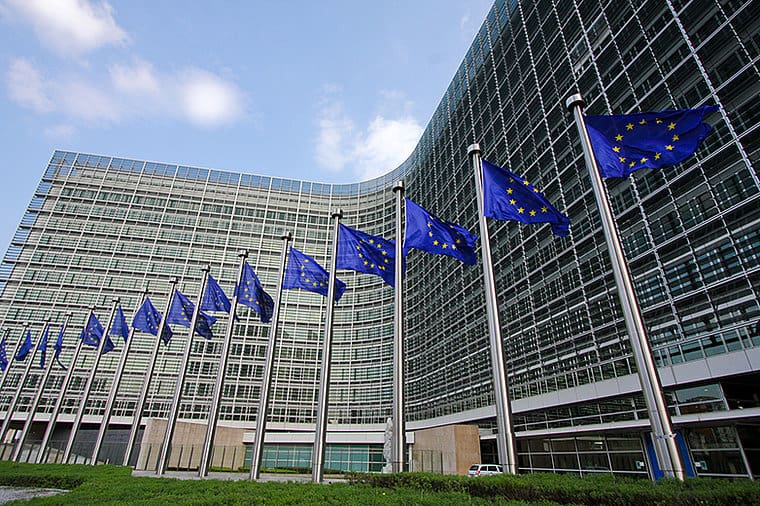20.12.2024
The European Cross-Border Association, a Tool for Strengthening Freedom of Association?
Tribune
19 février 2024

The European elections are just around the corner. These elections are an opportunity to strengthen the fundamental rights of Europe’s citizens.
The Charter of Fundamental Rights of the European Union, proclaimed in December 2000, emphasises that « everyone has the right to freedom of peaceful assembly and to freedom of association at all levels […] ». An initiative taken in September 2023 by the European Commission, inspired by a European Parliament resolution of February 2022, is part of this approach. This involves a proposal to the Member States to legalise a new form of association: the « European cross-border association » (ECA). The aim is to promote the activities of non-profit associations operating in more than one Member State.
Similar initiatives have already been taken over the past 30 years, but they have generally come to nothing. Today, many associations seem to believe in and appreciate the approach. 10% of the 3.8 million associations in Europe could see their legal and administrative procedures facilitated, as « once established in a Member State, an ATE will be automatically recognised and authorised to carry out activities in all Member States ».
That said, some players in the world of the social economy, who are very attached to the French concepts of general interest, disinterestedness and non-profit-making, are being vigilant, because the European Commission’s press release also targets « economic activities, which will enable non-profit associations to unleash their full social and economic potential in the European Union ». In France today, although a not-for-profit organisation can carry out commercial operations, particularly when these are useful to its non-profit activity, it can only do so within very strict limits: the non-profit activity must be « significantly preponderant ». Will freeing up economic potential mean unbridled competition, and undermining the general interest, or granting new financial margins to non-governmental organisations (NGOs) concerned about their independence, particularly with regard to public funds?
The High Council for Voluntary Organisations (HCVA), after pointing out that the activities of non-profit organisations promote « the participation of citizens in the democratic process, strengthen transparency at EU and Member State level, and stimulate public debate and pluralism within society », for its part « welcomed this decision », while regretting that « the role of voluntary work has not been expressly taken into account as a factor in consolidating civil society ». According to France générosités, in 2023, 23% of French people will be volunteers. The HCVA is constructive and has put forward a series of suggestions to complete « the panoply of regulatory tools that allow freedom of association to be exercised throughout Europe ».
There is still a long way to go. The European Commission’s proposal for a directive will have to make its way through the European Parliament and the European Council before the Member States can take it on board and transpose it into national law, under the watchful eye of the French Treasury.
Translated by Deepl.